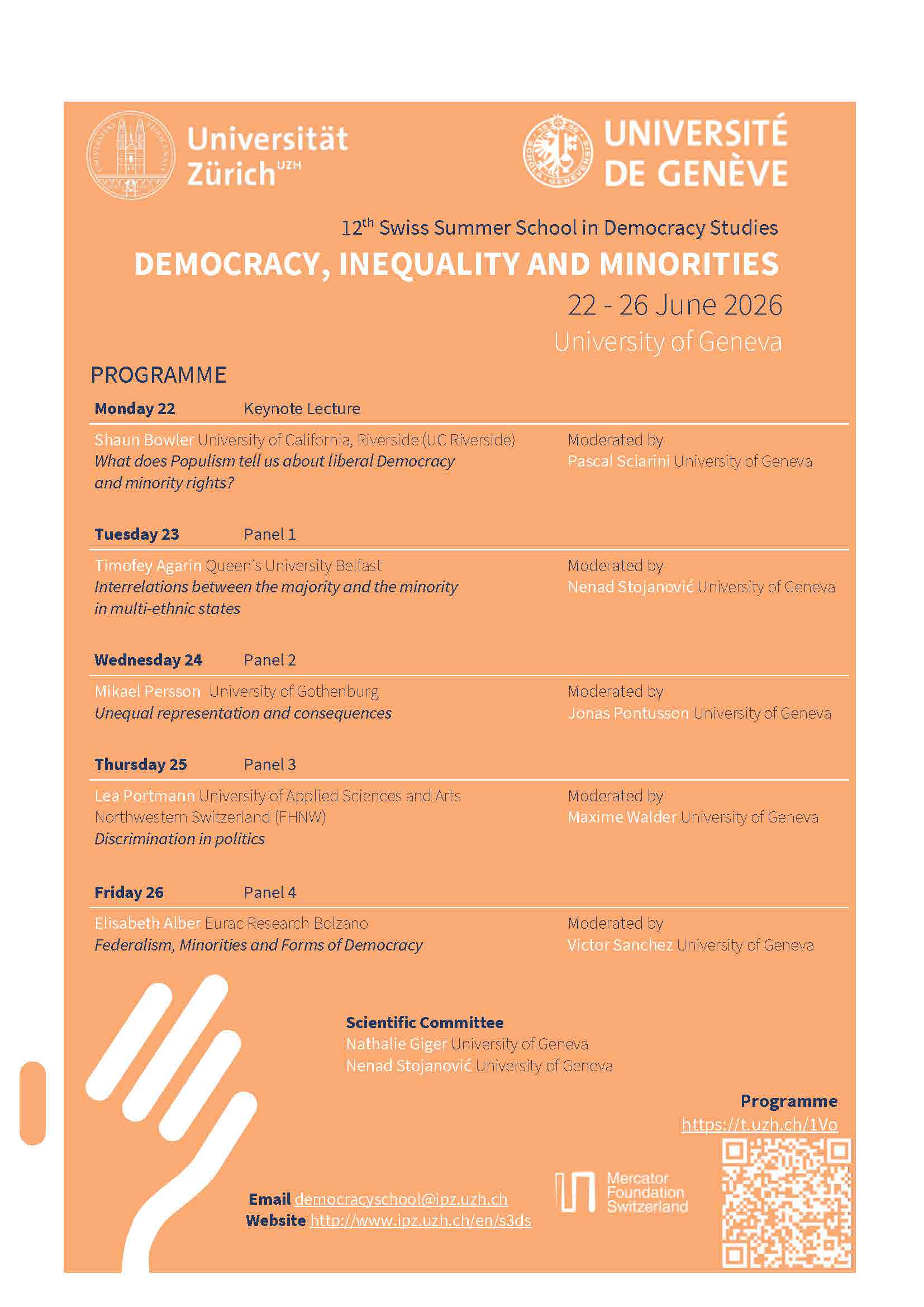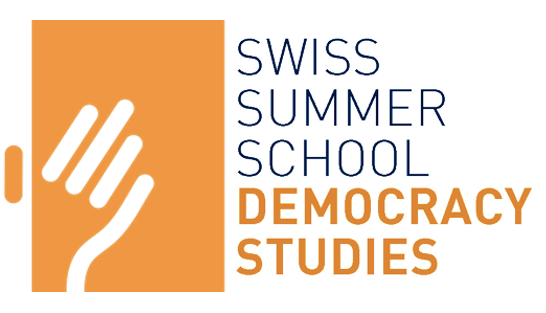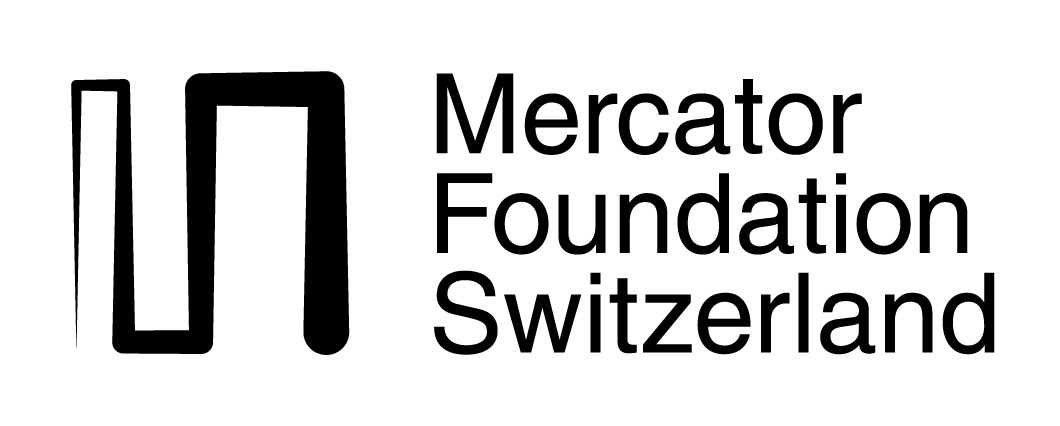Democracy, Inequality and Minorities
SWISS SUMMER SCHOOL IN DEMOCRACY STUDIES
Democracy, Inequality and Minorities
Université de Genève
22-26 June 2026
A major issue in democratic theory and practice is the existence of persistent minorities. Prominent examples include ethnic, linguistic, religious, and geographic minorities, but also citizens whose voices hardly count in elections or referendums because their ideological attitudes repeatedly place them on the losing side of majority decisions.
Given that equality is the grounding and guiding principle of democracy—and hence its core normative promises are the fair treatment of all, coupled with the protection of individual liberties—then we have a problem if groups of citizens, due to their identity traits and/or ideological convictions, are systematically disadvantaged. This concerns both the input and output dimensions of democracy. Consider, for example, the problem of inequalities due to low turnout (both in elections and in referendums) or the existence of electoral discrimination (i.e., when majority voters discriminate against candidates from minority groups). On the output side, majority decisions in referendums can have a negative impact on minorities, whereas their poor descriptive representation as a result of elections typically has a negative impact on their substantive representation and the quality of political decisions.
Through the prism of the role of minorities in a democracy, the 2026 Democracy Summer School explores these issues by examining not only their causes and consequences, but also the institutional design tools (e.g. federalism, electoral system reforms, deliberative minipublics) that can enhance the equality promise of democratic rule.
SCIENTIFIC COMMITEE
Nathalie Giger, University of Geneva
Nenad Stojanović, University of Geneva
PROGRAMME
Monday 22 - Keynote

KEYNOTE LECTURE
Shaun Bowler University of California, Riverside (UC Riverside)
What does Populism tell us about liberal Democarcy and minority rights?
It is not surprising that Populism – and especially right-wing Populism - has consequences for the treatment of racial and ethnic minorities. It is also the case that Populism has consequences for our understanding of support for democratic norms and values which has special relevance for minorities. Support for Populism also implies support for a ‘thin’ version of democratic practice in which majority rule is the central defining element and other aspects of liberal democratic practice – independent judiciary and press as well as minority rights – are not considered. While reformers often see direct democracy as a democratic innovation that will help revitalize Western democracy, Populists often support direct democracy as an expression of majority rule. Populist support for majority rule thus raises long standing fears about the dangers of direct democracy. More troubling, perhaps, is that the Populist ‘thin’ version of democratic practice is one which is shared by those who, themselves, are not necessarily supporters of Populist policies. That is, the Populist model of democratic practice is one that highlights the relatively weak support for liberal democracy among the population more generally. In fact, support for broader liberal democracy is, itself, a minority opinion.
Moderated by Pascal Sciarini University of Geneva
Tuesday 23 - Panel 1

PANEL 1
Timofey Agarin Queen’s University Belfast
Interrelations between the majority and the minority in multi-ethnic states
Lay discussants of approaches to management of ethnic diversity in democratic states tend to take for granted the power of institutional arrangements that entrench intergroup inequality in democratic institutions, consolidate hierarchies, and benchmark societal change on the pathway towards elite-centred decision- and policy-making. Oftentimes, the solutions to challenges of ethnically diverse societies have focused on ethnofederal arrangements; at others – on broader political powersharing; in all contexts, however, accommodation of non-dominant groups has rarely challenged the underlying aspiration of democratic states to remain nation-states. Yet, in this session, we will discuss why many approaches focussing on state institutions in ethnically diverse societies fall short of expectations to consolidate democratic institutions and inoculate publics against exclusivist ideologies, e.g. jingoism, nationalism, populism among others. In the past two decades a range of countries demonstrated that not only the design of political institutions, but also how these are being understood by publics they serve determines the degree of intergroup peace and political stability. Two interpretations hold place in the context: on the one hand, ethnic domination over a territorial entity seems to ensure continuation of intergroup competition even in the face of inclusive political institutions; on the other, failure to ensure consistent check and balances that result in turn-around of segmental elites complicates pathways for adaptation to social change. On both accounts, small groups of elites are expected to hold away over their followers, and over institutions to ensure peace and stability. Intuitively, these claims are accessible: institutional arrangements structure politics in ways that increase the likelihood of dominant political behaviour in elites everywhere, and the elites operating within such institutions are likely to opt in for zero-sum logic of behaviour they have observed as successful in the past. How can institutional arrangements discourage exclusion from political process and usher better representation in diverse societies will be the focus of this session.
Moderated byNenad Stojanović University of Geneva
Wednesday 24 - Panel 2

PANEL 2
Mikael Persson University of Gothenburg
Unequal representation and consequences
The seminar examines the causes and consequences of unequal representation in contemporary democracies, with a focus on income-based inequalities in policy responsiveness. The analysis addresses why the preferences of high-income citizens are more likely to be translated into public policy than those of low-income citizens, even in proportional and multi-party systems. Three mechanisms are highlighted: unequal access and resources that shape which interests are heard; party and coalition strategies that prioritise the preferences of affluent voters; and institutional status quo bias that allows well-resourced groups to block reforms favoured by the poor. The second part of the seminar turns to the consequences of these representational biases. The consequences of unequal representation are analysed in terms of election outcomes, economic policy and performance, and citizens’ satisfaction with democracy. In particular, the seminar asks whether unequal responsiveness changes who wins elections, how governments tax and spend, and when citizens start to view such imbalances as a problem for democratic legitimacy.
Moderated by Jonas Pontusson University of Geneva
Thursday 25 - Panel 3

PANEL 3
Lea Portmann University of Applied Sciences and Arts Northwestern Switzerland (FHNW)
Discrimination in politics
Discrimination against minorities in politics undermines fundamental democratic principles, such as political representation and political equality. This session will address the issue of discrimination in politics from four perspectives. Firstly, the term 'discrimination' will be defined, with a particular focus on who can be considered a subject of it. Secondly, we will analyse the psychological reasons underlying discrimination in politics. These reasons range from overt hostility to more subtle factors, including unconscious biases and ingroup favouritism. Thirdly, we will examine the manifestation of discrimination against minorities in the processes of accessing political office and power. Our aim is to explore how the actions of aspiring minority candidates, party gatekeepers and voters can either promote the political success of minorities or reinforce and perpetuate discrimination against them. We will pay special attention to the interplay between the various stages of this process and the actors involved. Finally, we will discuss the consequences of discrimination in politics for democracies, as well as possible solutions to address it. These solutions include institutional arrangements, party strategies, and the behaviour and solidarity of citizens.
Moderated by Maxime Walder University of Geneva
Friday 26 - Panel 4
.jpg)
PANEL 4
Elisabeth Alber Eurac Research, Bolzano
Federalism, Minorities and Forms of Democracy
Collapsing the divide between normative and empirical approaches to democratic and federal studies is the objective of the seminar that contributes to critically assessing and answering the question of what role and impact federalism and different forms of democracy have on the protection of minorities in an era of democratic backsliding. To this end, the seminar analyses the complex interaction between federalism, direct democracy and democratic innovations, focusing on their respective and combined impact on minority protection.
Traditionally, federalism is seen as a shield against the tyranny of the majority, as the territorial division of power allows concentrated minorities to exercise autonomy at the subnational level. However, this structure can create new local minorities within federated units, complicating the protection of dispersed groups. The integration of direct democracy tools, such as referendums and popular initiatives, introduces a significant tension (next to the tension that exists between federalism and democracy): while these tools increase the legitimacy and control of citizens over the power of elites, they can also expose minorities to negative political outcomes favoured by narrow majorities, lacking the deliberative filters of representative democracy.
Phrased differently, the inherent nature of direct democracy is that the majority rules over the minority. In fact, direct-democratic instruments allow a majority of citizens to impose their rule on a minority, whereas the protection of minority rights is mainly based on guarantees that go beyond the purely numerical factor. Opponents of direct-democratic instruments therefore strongly affirm that the latter are likely to endanger human rights and thus also minority rights. Advocates of direct-democratic instruments consider them as the ultimate goal in affirming civil rights. While the inherent character of direct democracy in relation to multiethnic societies is surely Janus-faced, direct-democratic instruments and the protection of minorities are not a priori incompatible, provided that certain precautions are put into place.
Moreover, in recent years, democratic innovations - including participatory budgeting and citizens’ assemblies - emerge as possible remedies. These processes intend to deepen the role of citizens in policymaking by the increase of participation, deliberation, and influence, and they can be combined with direct-democratic tools too. The strategic adoption of deliberative democracy instruments can mitigate the above-described tensions, promoting more inclusive and resilient governance. Indeed, conceptually, democratic innovations are considered as a strategy to renew and to pluralize decision-making and, empirically, there is some evidence that they can function as flexible tools that complement the effectiveness of public service delivery and the commons governance because they ultimately serve the purpose of better taking into consideration societal knowledge and social innovation, and thus also pluralism and minority interests.
Moderated by Victor Sanchez-Mazas University of Geneva
Applications are now open
Application deadline 28 February 2026.


